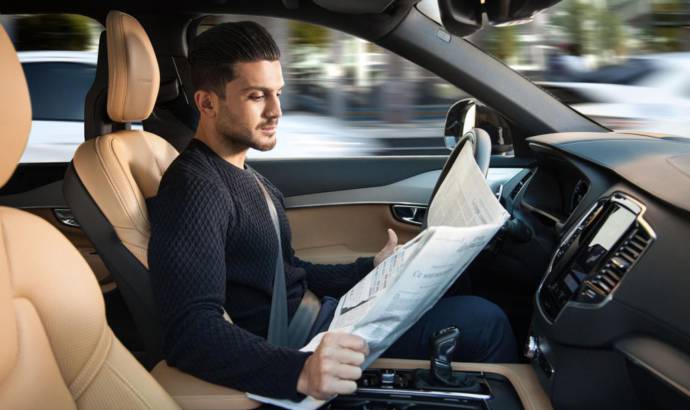Some estimates say that there will be 20 million self-driving cars on the road by 2020. That’s a pretty interesting notion for lots of reasons. People like us immediately start to imagine who the biggest sellers will be. Will Tesla make good on its promise? Will today’s manufacturers be able to successfully disrupt their current production lines? But perhaps the more relevant question when it comes to the wallets of the everyday person is: What impact will self-driving cars have on car insurance?
When it comes to today’s auto insurance premiums, most of the cost is in liability. As you well know, this is the money that goes to paying for “the other guy’s stuff” when you find yourself in a collision. This covers damage to property, hospital bills, court costs, and those sorts of expenses. This is a lot more expensive than covering repairs for your own person and property, and nationwide collisions have driven up insurance premiums for decades now. So what happens if self-driving cars make the roads a lot safer?
No one really knows. But we do know certain things. For one, liability insurance is never going to go away completely. It may still be paid by the owner of the vehicle, or the decrease in accidents may make this personal coverage a lot more affordable. In a world where most people no longer own cars, and are driven around by autonomous vehicles a-la a robotic fleet owned by Uber, the company in charge of the fleet would no doubt cover liability. In another scenario, the liability cost might be paid by the car manufacturer or the creator of the computer systems which navigate them. However, some prognosticators indicate that this added cost piled on manufacturers might make the cars a lot more expensive. This extra financial weight on the consumer (as the prices of the cars go up) would no doubt be unpopular, and possibly even eliminated by the government.
It is likely that autonomous vehicles will make roadways safer. This will invariably result in fewer claims. Insurance companies often have to raise rates in order to cover losses incurred when many claims come through at once. This has been their price-raising strategy since forever. But when the day comes that the stream of claims reduces to a trickle, one would think that insurance prices would be forced down.
Of course, this is all speculation. No one can imagine the difference that autonomous vehicles are going to have on international roadways. Nor do we know the regulatory deals that are in the works between the world’s largest automobile manufacturers and national regulatory bodies. Suffice to say that self-driving cars are going to be common in the not-distant future. As these become more ubiquitous, this will cause a disruption in the car insurance markets. In all likelihood, insurance prices will go down, at least as they pertain to the average person. People will no longer be called “drivers”. Heck, they may not even be owners. But we’ll just have to wait and see.
Source: Guest


